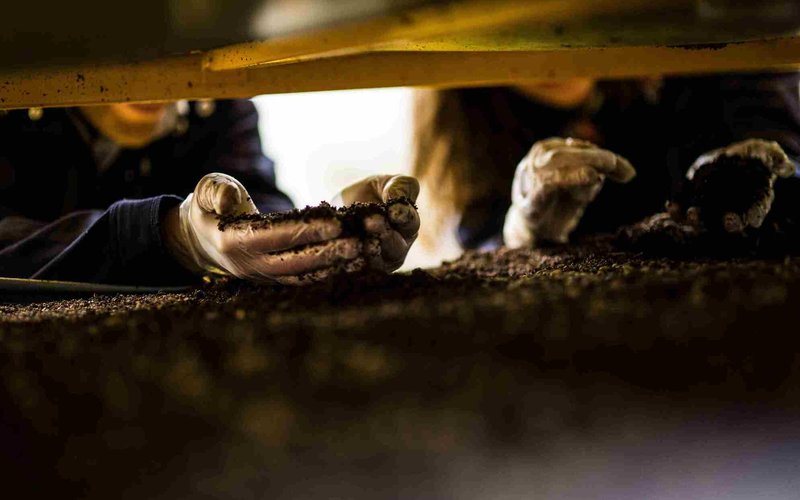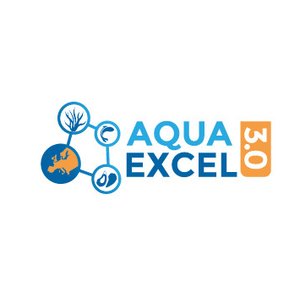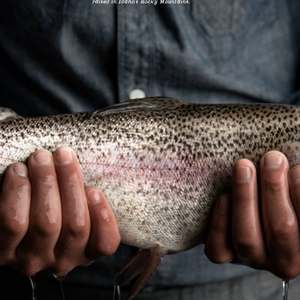More than 150 participants from the European Union and beyond gathered online for the workshop entitled New horizons for insect farming: the role of research and innovation in strengthening cross-border collaboration, hosted by the International Platform of Insects for Food and Feed (IPIFF).
Taking into account the regulatory milestones achieved in 2021, while also highlighting the recent evidence from scientific studies, one of the main objectives of this online workshop was to present to the wider public the updated version of the IPIFF Brochure on research priorities, almost three years after its first release. As highlighted by the IPIFF president, Adriana Casillas in her opening speech, “global crisis, such as the COVID pandemic, climate warming and the most recent war in Ukraine, have underlined the need for our food systems to rapidly adapt and find sustainable solutions. Addressing these global challenges requires the development and adoption of novel research and innovation approaches. [...] We believe that science-based evidence is of utmost importance to support the advancement of the insect production sector.”
The presentation of the newly updated IPIFF Research Brochure was given by the IPIFF executive committee member in charge of research matters, Rui Nunes, who informed the audience about the research priorities identified by IPIFF in the context of insect farming. Exploring new feeding substrates for farmed insects, the contribution of insect frass as fertilizer and the health benefits of insects in food and feed were identified as main priorities for the European insect sector, indeed “through this updated version of the brochure, our aim is to highlight certain priorities that were identified as highly relevant in order to support the sustainable growth of the European insect sector. At the same time, addressing these priorities through EU-funded projects would play a key role in achieving the EU ‘Farm to Fork’ strategy targets.”
Through this online workshop and its speakers, the European insect sector stressed the importance of EU-funded projects including opportunities for insect farming which could help, not only upscale the industry but also contribute to making food systems more sustainable, resilient and healthy.













